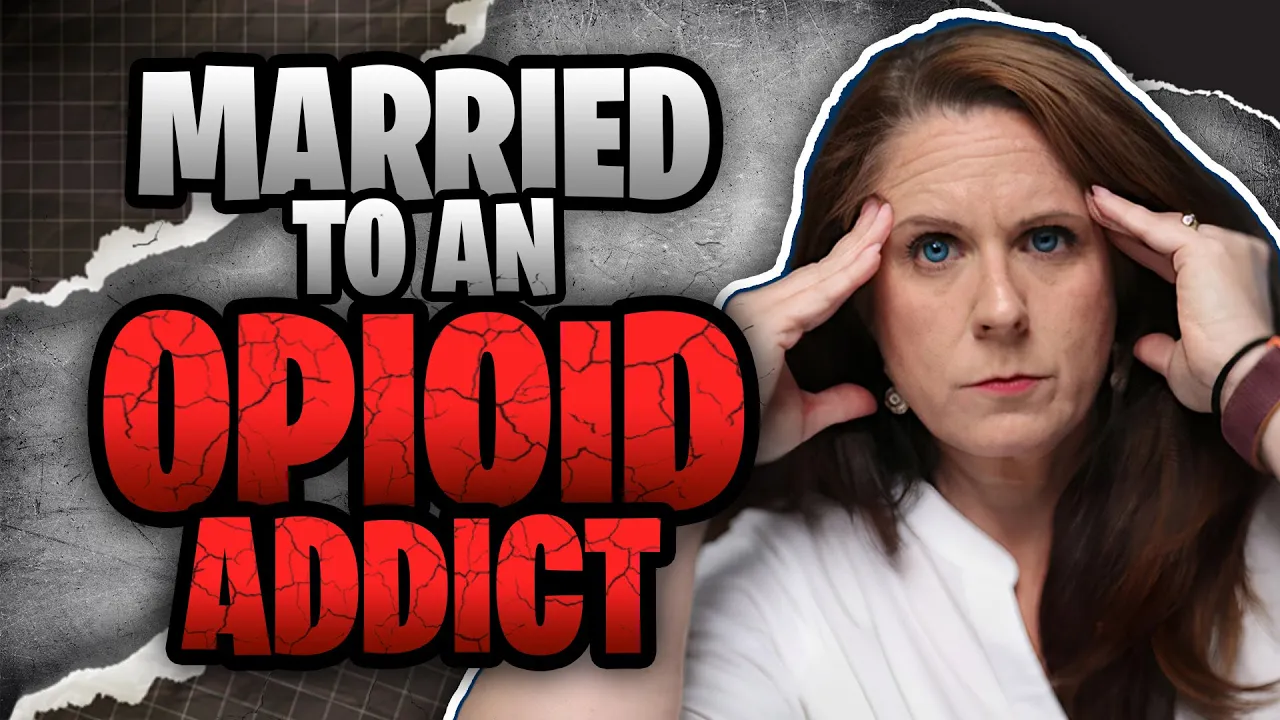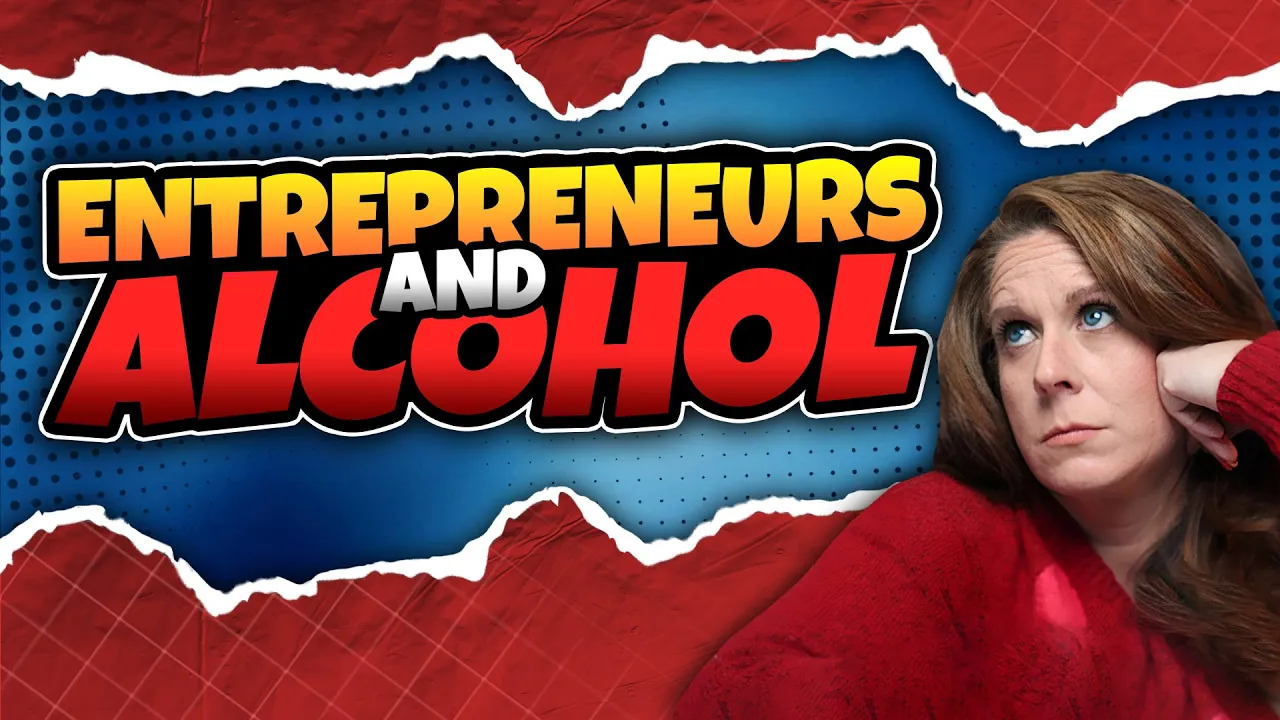Overwhelmed by Your Business? How Alcohol Can Be Your Worst Enemy
The Hidden Struggle: Why Entrepreneurs Are at High Risk for Alcohol Use Disorder
Nearly 15 million people in the United States struggle with an alcohol use disorder, and entrepreneurs are particularly vulnerable. The journey of building a business is exhilarating, but it comes with intense pressure, high stress, and often, a culture that normalizes drinking. If you’re an entrepreneur who finds yourself reaching for alcohol to unwind, you’re not alone—but there is a way out.
The High-Stress Reality of Entrepreneurship
Starting and running a business is more than just a job; it’s a lifestyle. Entrepreneurs don’t have the luxury of clocking out at 5 PM. Instead, they’re constantly thinking, strategizing, and problem-solving. The responsibilities are immense:
-
Financial Burden: Not only does your family rely on you, but your employees and their families do too.
-
High-Stakes Decision Making: Every choice could make or break your business, often with no one to guide you.
-
Isolation: Unlike corporate roles where you can bounce ideas off colleagues, entrepreneurship can feel lonely.
-
Work-Life Balance Challenges: The line between personal and professional life blurs, making it hard to mentally disconnect.
With all this pressure, alcohol can seem like an easy way to decompress. But what starts as a way to relax can quickly become a coping mechanism.
The Business Culture of Drinking
Beyond stress, the business world itself often encourages alcohol consumption:
-
Client Entertainment: Wining and dining clients over drinks is a standard practice.
-
Networking Events: Happy hours and industry mixers often revolve around alcohol.
-
Golf & Business Deals: Even leisure activities like golf frequently involve drinking.
For many entrepreneurs, drinking begins as part of the job but escalates into a habitual response to stress.
When Social Drinking Becomes Self-Medication
At first, drinking may seem harmless, but when used to handle stress, it can spiral into addiction. Here’s how it happens:
-
Tolerance Builds: You need more alcohol to achieve the same effect.
-
Increased Consumption: What started as a few drinks after work becomes a nightly routine.
-
Stress Multiplies: Alcohol initially relieves stress, but over time, it increases anxiety and depression.
-
Family Tension Grows: Spouses or partners notice the problem first, leading to conflict.
-
Denial & Social Reinforcement: Friends or colleagues may downplay your drinking, reinforcing denial.
While an entrepreneur’s work may still be thriving, personal life often takes the first hit. Missed family time, strained relationships, and emotional detachment are common warning signs.
The Fear of Getting Help
Many entrepreneurs hesitate to seek help due to:
-
Time Away from Business: The thought of stepping away for 30-90 days feels impossible.
-
Reputation Concerns: Worry about how clients, employees, or investors will perceive rehab.
-
Control Issues: Entrepreneurs thrive on control—admitting a problem feels like failure.
But here’s the truth: getting help doesn’t mean stepping away entirely. Many successful entrepreneurs recover without traditional inpatient rehab.
The Advantage of Sobriety
If you’re worried about what life will look like without alcohol, here’s the good news: sobriety is an advantage, not a loss. Entrepreneurs who quit drinking often report:
-
Increased Mental Clarity: No more brain fog or sluggish mornings.
-
Higher Productivity: More energy and focus to grow their business.
-
Stronger Relationships: Rebuilding trust and connection with family.
-
Better Decision Making: Clearer thinking leads to smarter business moves.
When you stop drinking, you’re no longer running on empty. You have the drive, ambition, and resilience that made you an entrepreneur in the first place—only now, you’re operating at peak performance.
How to Take Control
If you suspect alcohol is becoming a problem, now is the time to address it. Start by:
-
Assessing Your Drinking: Download this Alcohol Use Disorder Criteria to evaluate where you stand.
-
Seeking Professional Guidance: You don’t have to do this alone. Consider coaching or therapy tailored for high-functioning professionals.
-
Building New Coping Strategies: Exercise, meditation, and healthy hobbies can replace alcohol as stress relievers.
-
Connecting with Others: Find support groups or sober entrepreneurs who understand your journey.
You did not come this far to be defeated by alcohol.
Amber Hollingsworth
A Story of Hope & Heartbreak | An Opioid Addiction Special

ADDITIONAL RESOURCES:
🆓FREE Downloadable Resources: https://www.familyrecoveryacademy.online/free-resources
🙋🏻♀️FB group for family members: https://www.facebook.com/groups/familyrecoverysupport
📆Make An Appointment With One Of Our Specialists: https://www.familyrecoveryacademy.online/consultations
Get 10% off Virtual Counseling with our sponsor BetterHelp 👇🏻 https://betterhelp.com/PutTheShovelDown
💯Incredibly accurate personality tests that light up your life—at home, at work, and in relationships 👉🏻 https://www.truity.com/?a=5122460
📚Amazon Book Recommendations: https://www.amazon.com/shop/addictionrecoveryresources-hopeforfamilies

